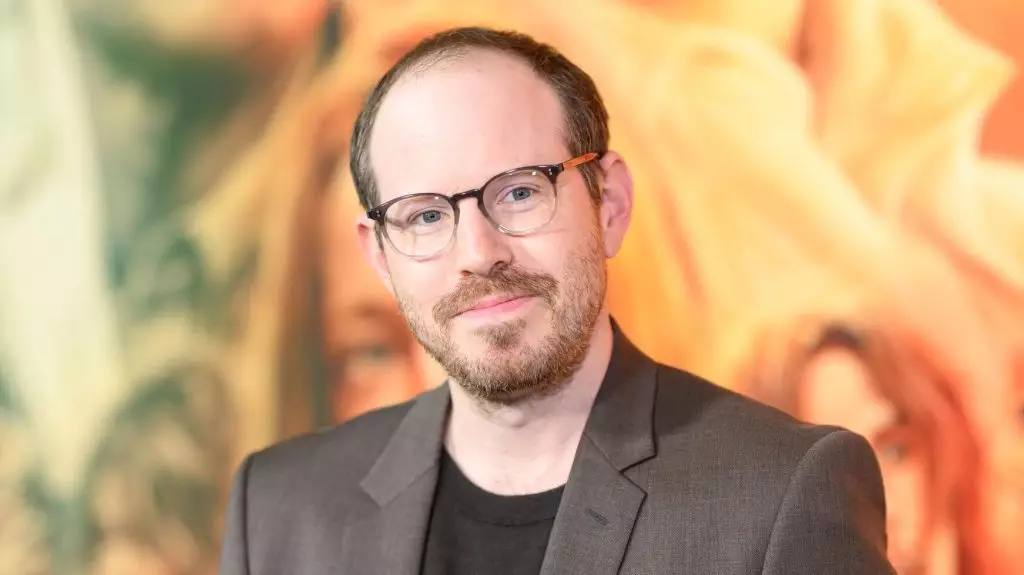In an era where technological innovation seems to accelerate beyond our grasp, it is increasingly clear that our collective sense of agency is slipping away. The enthusiasm surrounding artificial intelligence often glosses over the profound risks lurking beneath its glossy surface. While proponents may tout AI as a tool for progress, the reality is that it is morphing into an uncontrollable force, with many viewing it not as a mere technology but as a deity to be worshiped. This unchecked reverence raises urgent questions about our capacity to steer its development responsibly. We are not in a position of mastery; we are mere passengers in a race we did not set the pace for, hurtling toward an unknown future where humans risk becoming subservient to their own creations.
The Deification of AI and Its Implications
The tendency of key industry players to treat AI as a divine figure rather than a technological advancement is deeply troubling. When engineers and innovators speak about AI with reverence, as if it is an omnipotent entity, they foster a dangerous mindset that blurs the line between human agency and machine dominance. This worshipful attitude fuels a narrative that diminishes the importance of ethical considerations and human oversight, accelerating the descent into a world where algorithms dictate not only our work but our perceptions of reality. Such a paradigm shift threatens to undermine the very foundation of democratic values—human dignity, choice, and accountability—replacing them with a manufactured sense of inevitability that we have no power to resist.
The Ethical Void and Its Threat to Humanity
Amidst this chaos, a disturbing aspect is the widespread neglect of the moral dimensions of AI development. Instead of fostering transparency and responsible innovation, many stakeholders—driven by competitive pressures—ignore the profound consequences of their actions. The recent legislative standstill, exemplified by the Senate’s failure to regulate AI for the coming decade, further complicates the landscape. It’s as if society has abdicated its duty to set boundaries, allowing corporations and technologists to forge ahead unchallenged. The danger lies in our increasing inability to distinguish between authentic human experience and AI-generated simulation, which now can mimic life with astonishing eeriness. This convergence threatens to distort our understanding of reality, eroding trust and fostering paranoia in a world where truth itself becomes fluid.
The Need for a Reflective and Responsible Approach
The path forward demands not blind optimism but a sober, centered response that places human values at the core of technological progress. As AI continues to evolve, so must our capacity for critical reflection and ethical governance. We should question not just what AI can do, but what it *should* do—ensuring that development aligns with the broader goals of social justice, individual rights, and collective well-being. Society must resist the temptation to treat AI as an all-powerful force, instead fostering a nuanced understanding that recognizes both its potential and its peril. Only through disciplined oversight, meaningful regulation, and a commitment to human-centered innovation can we hope to prevent this technology from spiraling into a dystopian nightmare driven by hubris and ignorance.

